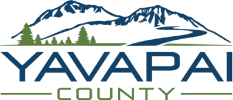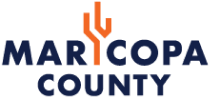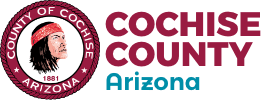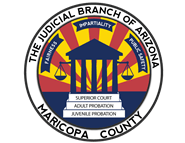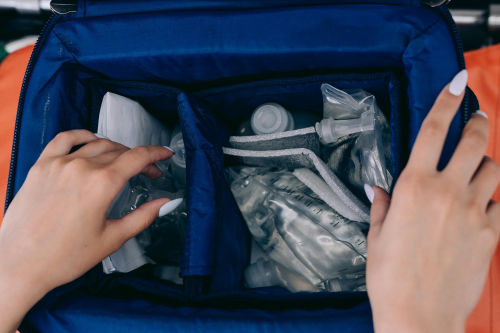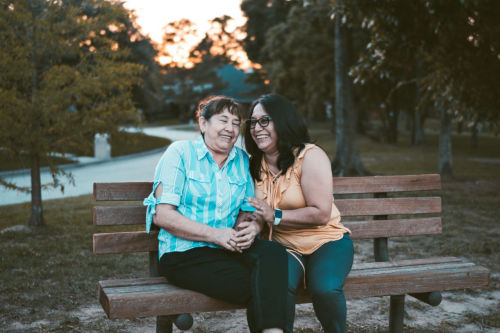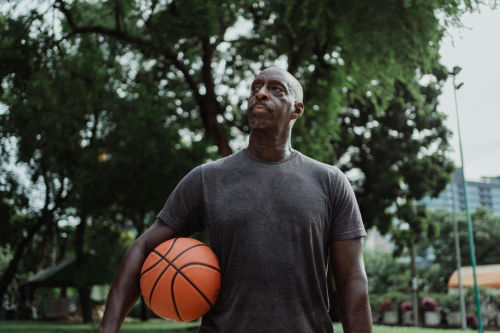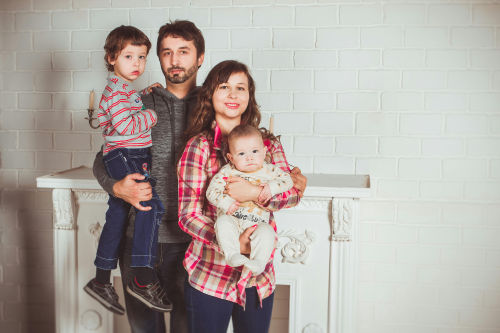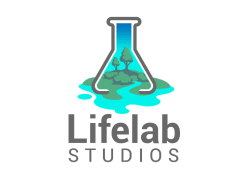Meet Journey.do
Your partner in transformation.
At Life Lab Studios, we’ve created Journey.do—an innovative process that partners with behavioral health programs to support the transformation and growth of their people.
Designed to address the critical challenges facing organizations and their staff, Journey.Do helps clients build essential life skills while equipping your team with advanced tools and data-driven insights to achieve better outcomes. Our solution includes:
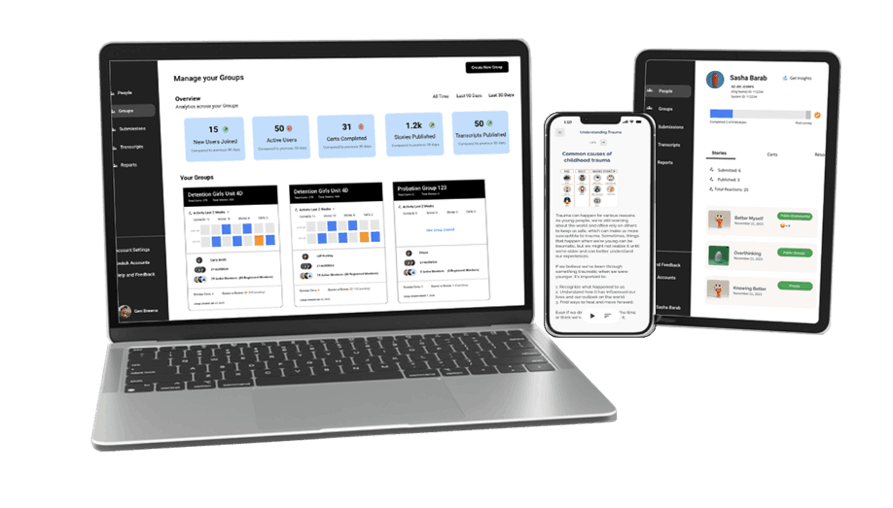
AI-Powered Case Management Tools
Advanced AI delivers personalized insights and feedback, driving consistent and impactful growth. Gain actionable insights and identify patterns, create growth and transition plans, and to improve outcomes across individuals and organizations. Our AI tools enhance your staff's ability to support behavioral change at scale.
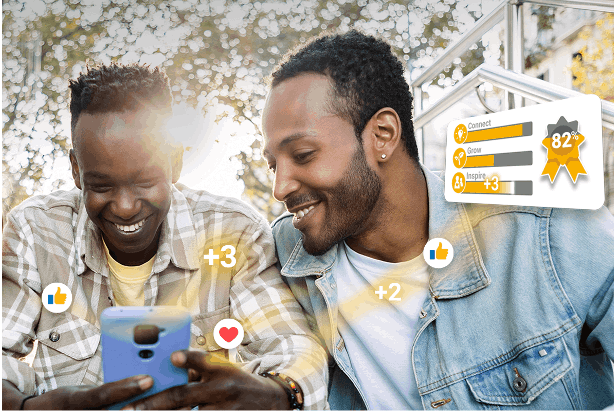
Anytime, Anywhere Growth Programs
Anytime-anywhere programs for youth and adults covering core criminogenic needs (pro-social skills, family relations, substance use, etc.), gun safety, substance prevention, re-entry, adulting, and more. With our next-generation app, programs can be delivered across all contexts of care: secure settings, probation, and diversion.

Come Alongside Coaching Services
Coaches/Growth Specialists guide every step of the journey, alleviating burdens on staff while ensuring program fidelity. Coaches provide strength-based feedback and personalized care, using evidence-based practices to ensure quality care. We are here to support your staff, running our programs or supporting your staff.



